What You Need to Know Before Buying a Solar Panel
Solar panels are a great way to reduce your carbon footprint, but there's more than just a cost to consider when deciding if solar is right for you. This guide will walk you through the process of deciding on a solar panel contractor, understanding how solar panels work and what's required for installation, and leaving you with some resources to get started.
What is a solar panel?
A solar panel is a device that uses solar cells to convert solar radiation into direct current electricity. Solar panels are made up of a series of solar cells, the basic units that convert solar energy to electrical energy. Typically each cell will be capable of producing about 1-2 watts under peak sun conditions. Cells are wired together in series to form modules, and several modules can be combined in parallel or series to form an array.
Depending on where you live, solar power can be a great addition to your home. If you live in an area with lots of sunlight year-round, solar is likely already a good option for you. The only solar requirement that's consistent across the US is that your roof gets enough sunlight to generate solar power. A solar panel installer or dealer can help determine how much energy your roof will produce and what size system would be best for your needs. Solar panels are not profitable in all areas, but they certainly have their benefits too.
Your solar contractor will perform a site visit to determine if solar is the best fit for you. In most cases, solar cannot be placed in a shaded area or one that's covered by trees.
How do they work?
Solar panels work by using solar cells to convert solar radiation into direct current electricity. The solar cells do this by allowing solar particles called photons to knock electrons loose from their atoms, creating a flow of electrical current that can be picked up by metal plates on the solar panel's edges.
The solar cells that make up solar panels are made of silicon, a semiconductor material that can conduct electricity under certain conditions. Photons from sunlight knock electrons off their atoms and free them to flow within the solar cell as electrical current. The solar cell itself is a sandwich of positive and negative layers with an electrical charge deposited on either side of a thin layer of silicon. When photons hit the solar cell, the photon energy knocks the electron loose from its atom, allowing it to flow through the electric field created by the positive and negative layers within the solar cell itself. In other words, when direct current is present, solr cells produce a voltage that creates an electric current as electrons flow through the solar cell.
Why should you buy one for your home?
Sustainability is becoming more important to homes every day. With solar panel installations, you will be able to generate your own power and reduce your carbon footprint dramatically. They are clean energy generators that use the sun's rays to create electricity. This will aid in lowering monthly utility bills as well as reducing harmful emissions into the environment. If you are thinking that solar panels are too expensive for someone on a budget then think again because solar panels have come down drastically in price since they were first introduced. Now anyone can afford solar power without breaking their bank accounts.
Solar power is the most popular form of renewable energy. Having solar panels installed on homes, schools, and businesses will ensure that they are using solar power for electricity which has become a very hot topic in the area of global warming. Solar panels generate clean energy without any harmful emissions since they don't burn fossil fuels. When you install solar panels you can save money starting with your first month as it will reduce utility bills by almost 25%. You will be able to sell back extra electricity generated onto the grid; this is known as net metering which allows you to make money off any extra solar power generated. This means no more coal or gas plants polluting your air and harming your environment.
What are the benefits of installing solar panels in your home?
There are many benefits to solar panels, but the biggest one is the savings you will see on your electricity bill. The solar energy collected by solar panels can power your home and reduce your reliance on other, more expensive methods of producing electricity. As technology advances, solar panel prices continue to drop. This means even if you use a lot of electricity solar energy could still be an economically sound choice in the future where solar panels will be cheaper than buying electricity from your local power company. If you are planning to live in your home for at least ten years solar panels could be a great long-term investment. By installing solar panels you will also help the environment by reducing harmful emissions being added to our atmosphere, solar energy is pollution-free! You can also receive great tax incentives if you install solar panels on your roof.
There are other benefits like solar panels reducing the value of your home if you should choose to sell or not letting solar panels increase your property value. Solar panels provide privacy for your rooftop, which you may desire if you live in an apartment building, and also solar panels can act as a barrier to protect you from the noise coming from the street below.
Solar panels offer many advantages, but there are some negatives too. The main negative about solar energy is that solar panels need sunlight to charge. If you live somewhere with minimal sunshine year-round solar panels might not be worth it for you since they will produce less electricity than a solar panel that gets lots of sun all day long.
What are the benefits of installing solar panels in your home?
There are many benefits to solar panels, but the biggest one is the savings you will see on your electricity bill. The solar energy collected by solar panels can power your home and reduce your reliance on other, more expensive methods of producing electricity. As technology advances, solar panel prices continue to drop. This means even if you use a lot of electricity solar energy could still be an economically sound choice in the future where solar panels will be cheaper than buying electricity from your local power company. If you are planning to live in your home for at least ten years solar panels could be a great long-term investment. By installing solar panels you will also help the environment by reducing harmful emissions being added to our atmosphere, solar energy is pollution-free! You can also receive great tax incentives if you install solar panels on your roof.
There are other benefits like solar panels reducing the value of your home if you should choose to sell or not letting solar panels increase your property value. Solar panels provide privacy for your rooftop, which you may desire if you live in an apartment building, and also solar panels can act as a barrier to protect you from the noise coming from the street below.
Solar panels offer many advantages, but there are some negatives too. The main negative about solar energy is that solar panels need sunlight to charge. If you live somewhere with minimal sunshine year-round solar panels might not be worth it for you since they will produce less electricity than a solar panel that gets lots of sun all day long.
Who can benefit from buying them?
Solar panels can be a cost-effective and environmentally friendly way to generate energy. They are solar power's answer to the fossil fuel industry. With solar panels, you're able to take advantage of solar power, which is created by harnessing solar radiation. The solar radiation is converted into electricity either through photovoltaic or concentrated solar power (CSP).
The solar panel buying process can be complicated and overwhelming if you don't know what to look for. There are different types of solar panels, and there's a solar panel system that's right for everybody depending on their needs and energy requirements. Solar energy is an investment in the environment as well as your home. The more solar panels you have attached to your home, the higher return on investment (ROI) you'll see on electricity bills. This makes solar panels all the more appealing. If it seems too good to be true, it probably is, but solar power isn't something that only wealthy people can afford either. It might not save you 100% of your electricity bill, but solar panels are still worth every penny because solar power is the future of home energy and solar panel technology is only going to get more efficient.
When buying solar panels, you'll need to determine what you are looking for in your solar panel system. Do you want your solar panels to supply all of your energy needs? Or would you rather have solar panels with energy storage so that in case it's cloudy or the sun is setting the solar energy can be stored in batteries? You have many options available. However, there are certain things that everybody should know before they buy solar panels. If you're looking into getting solar power for your home, then this blog post will help get you started on making sure that solar power is right for you and can give some great tips on how to get started with solar panel shopping today!
Are they affordable for everyone?
The solar panels that can be bought in West Dundee, IL are very affordable for the average homeowner. Not only do solar panels help you save money on electricity costs, but they also contribute to a greener world, which is something everyone should strive for.
When buying solar panels in West Dundee it is important to keep in mind there might be other equipment needed when installing solar panels so you don't have to worry about getting everything at once. Solar panels in West Dundee, IL can be bought right off the shelf from solar energy retailers. The solar panels that are available in West Dundee, Illinois are made by different manufacturers and from different materials.
As mentioned earlier solar panels only provide electricity so solar panel heating systems or solar water heaters might be of interest if you'd like to harness all of that solar power for more than just your household appliances.
If you're looking for an alternative way to power certain household items solar batteries can also be of interest when buying solar panels in West Dundee. There are solar battery chargers that will help supply electricity to additional devices such as mobile phones or laptops during emergency situations where regular home electricity is not available.
Subscribe to TruHome Pros's Blog

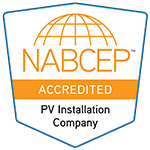


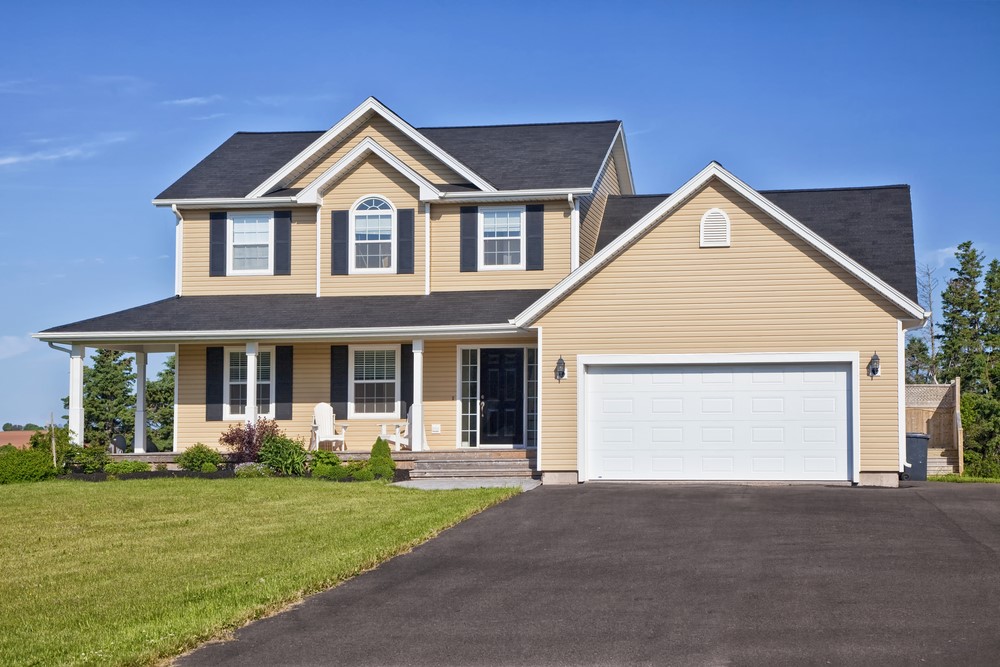
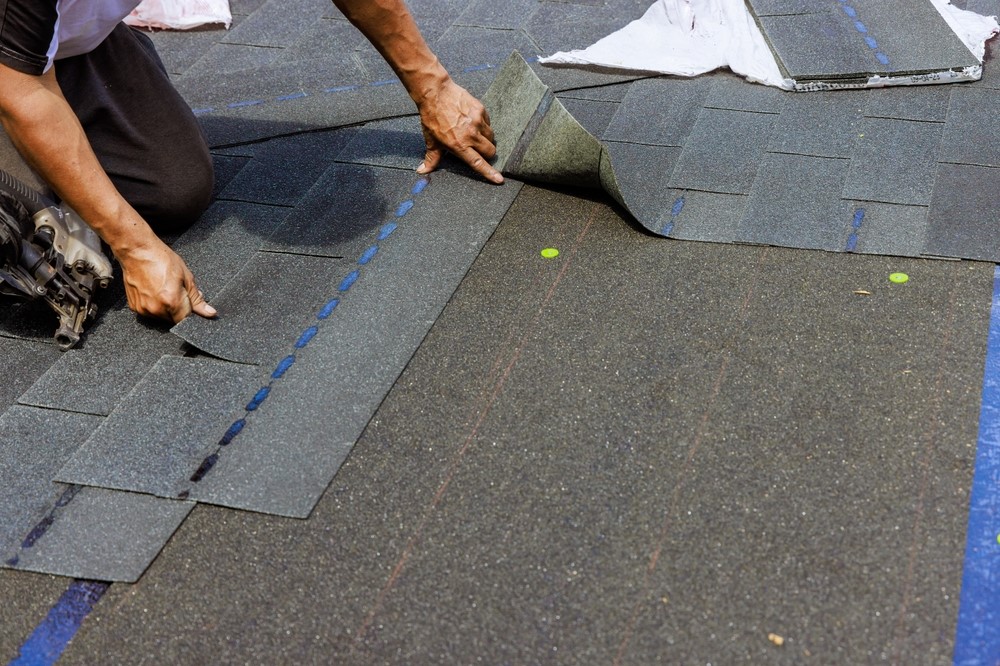
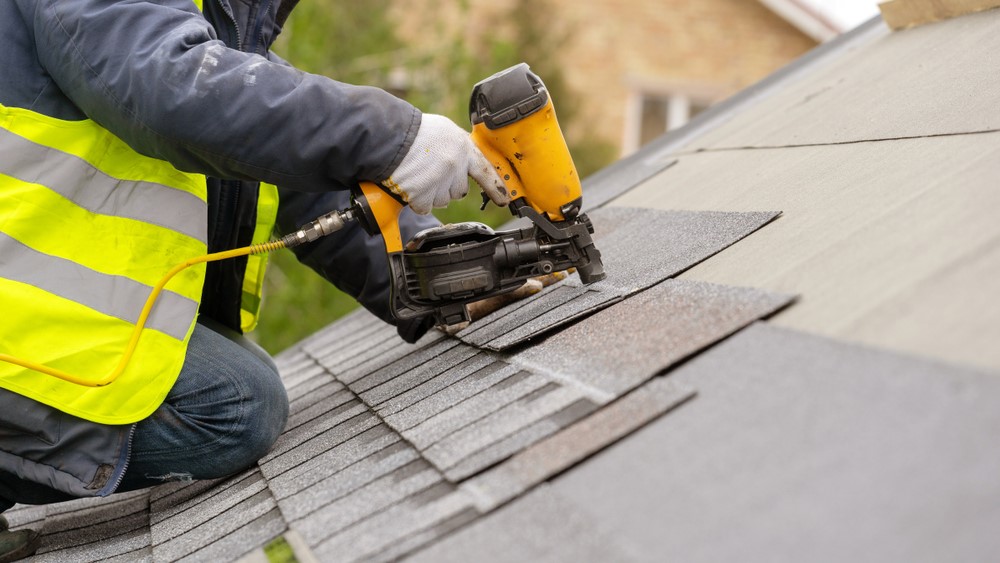
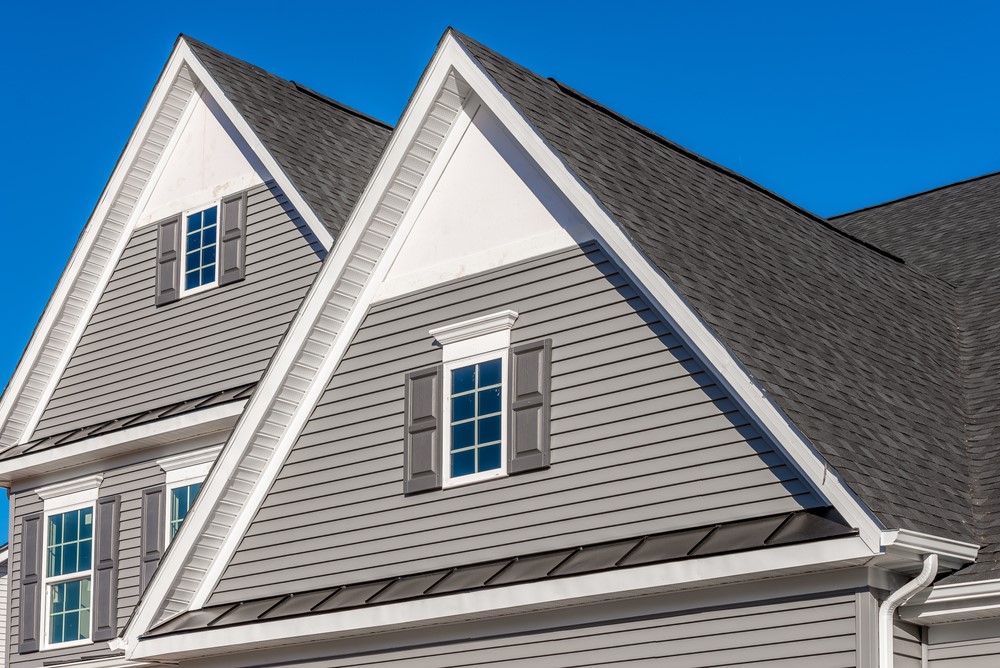

Comments